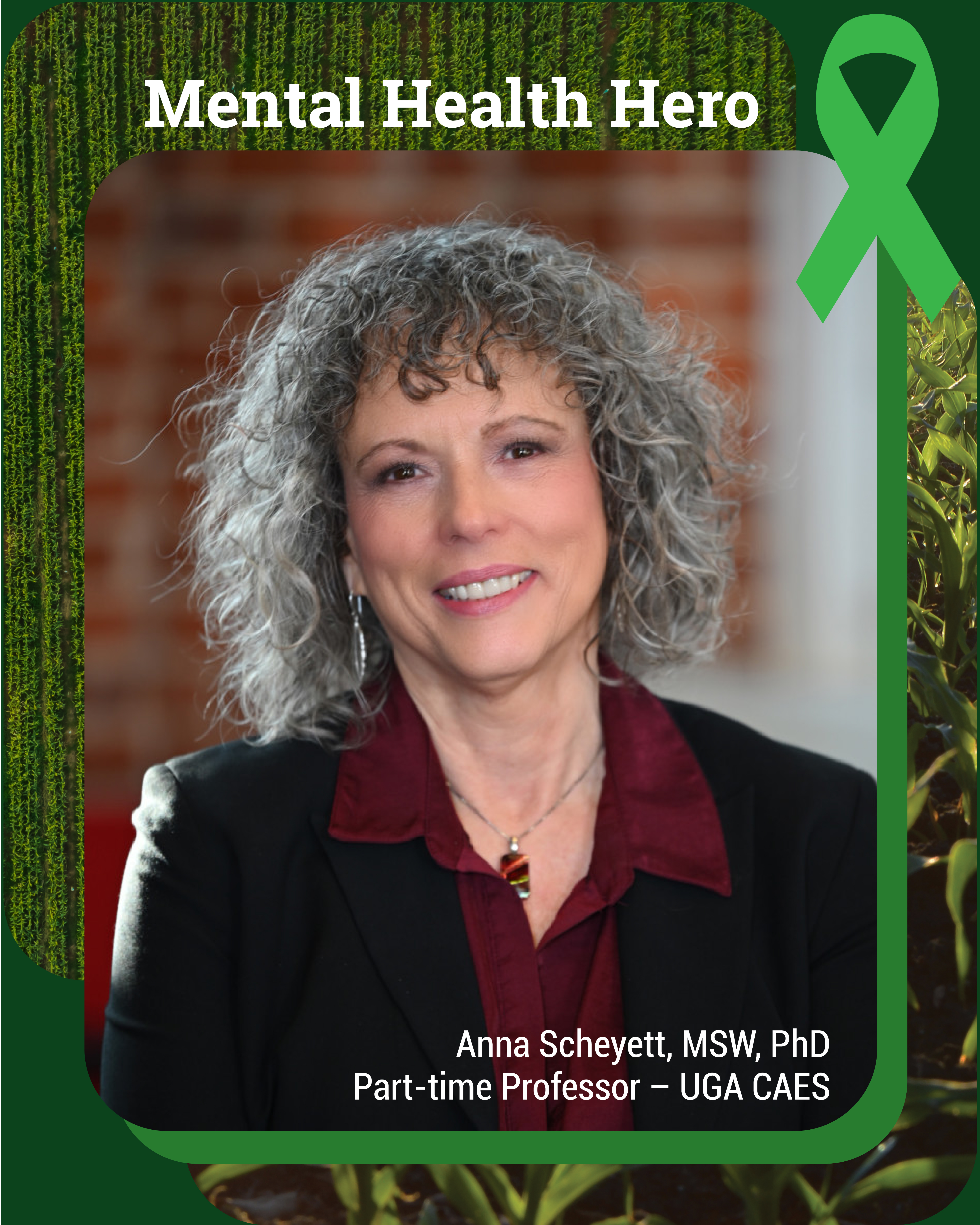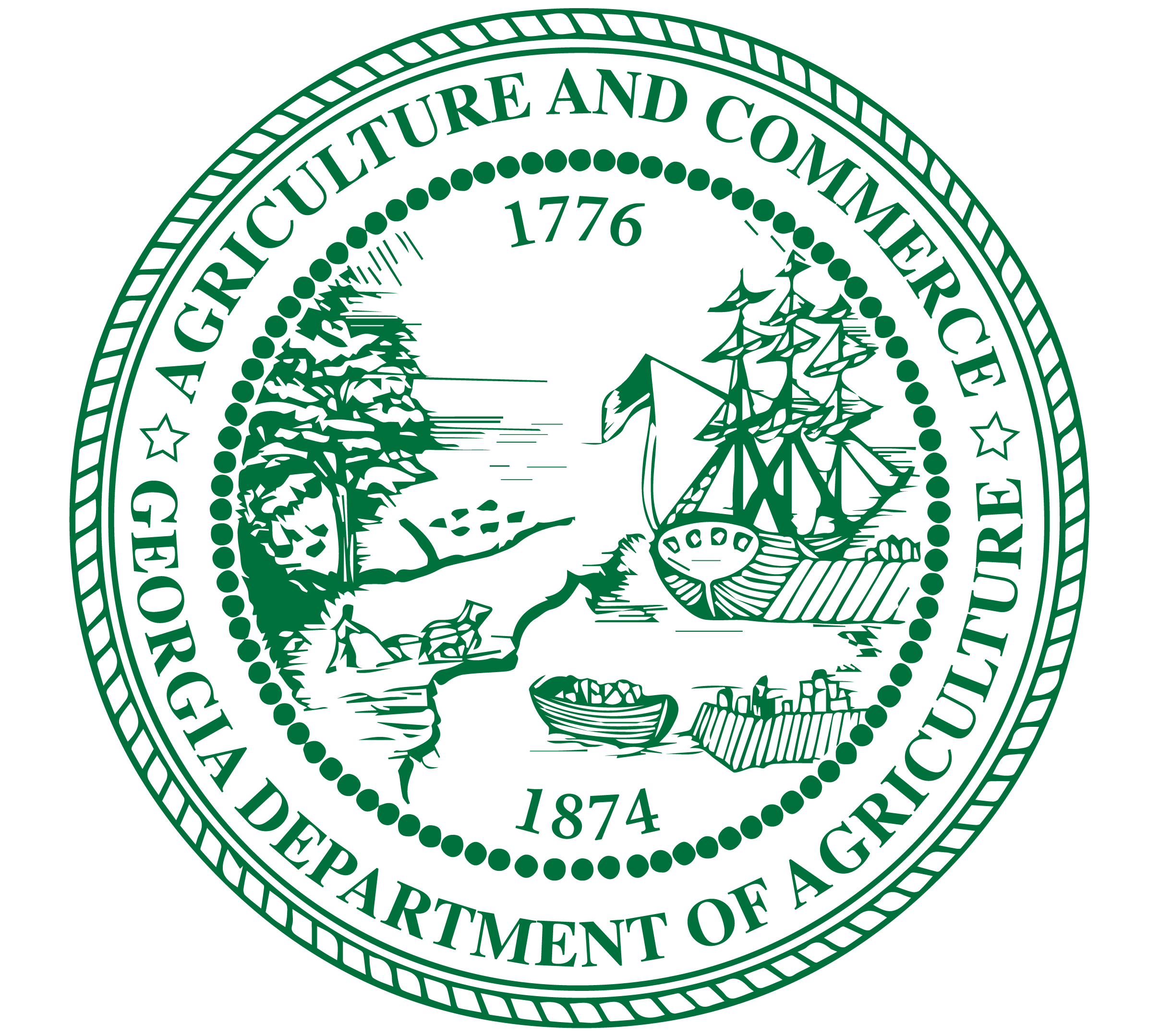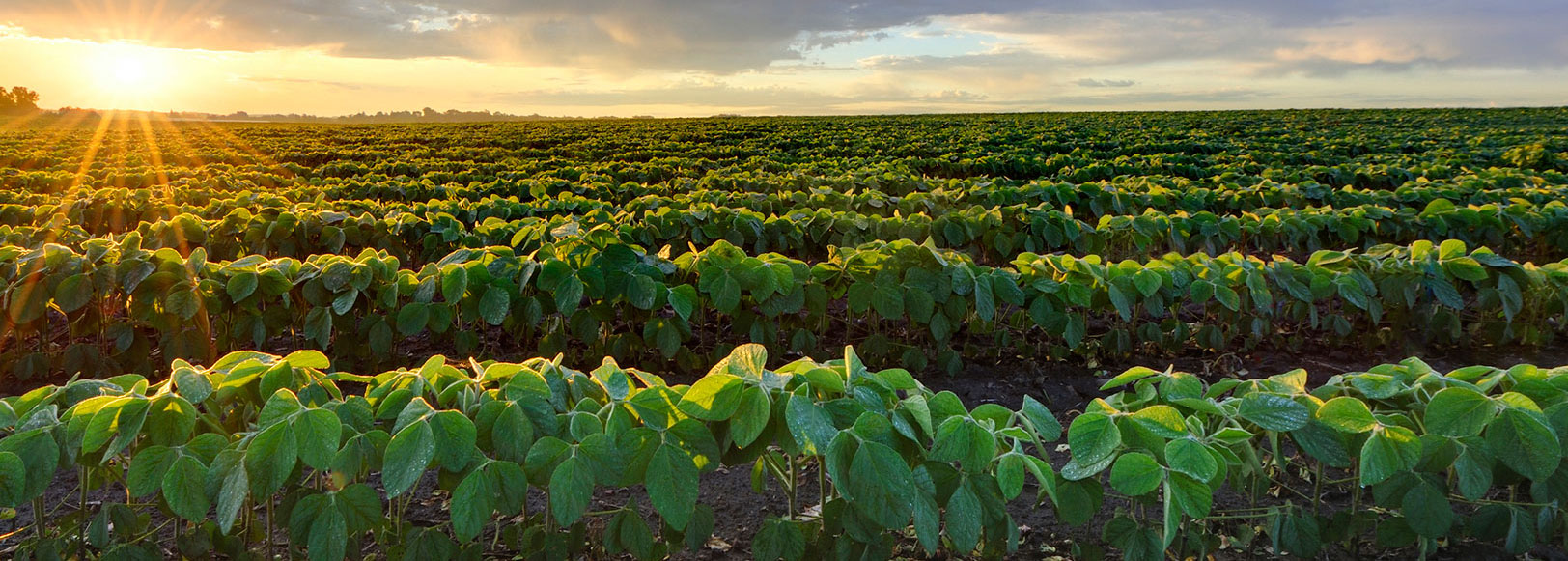Meet Mental Health Hero Anna Scheyett
Each week of Mental Health Awareness Month, we will be spotlighting an agricultural hero who’s making a difference in the field of mental health.
This week, we’re featuring Dr. Anna Scheyett, a Professor and former dean at the University of Georgia School of Social Work, currently a Professor in the College of Agricultural and Environmental Sciences, Department of Agricultural Education, Leadership, and Communication. With an Extension appointment and heading the Extension Behavioral Health Team, Dr. Scheyett brings a wealth of experience and passion to her work.

Her research examines issues related to the community well-being of vulnerable populations, including rural populations at risk of stress and suicide. Her recent work has examined farmer and farm family stress in Georgia.
Dr. Scheyett’s ties to agriculture run deep. Her grandfather grew coffee in Puerto Rico, and her daughter is now carrying the tradition forward by studying blackberry production in Arkansas.
1. What drew you to focus on the mental health of Georgia's agricultural community?
I first became aware of the mental health challenges in Georgia’s agricultural community back in 2018. The then-dean of the UGA College of Agriculture, Sam Pardue, showed me a CDC report that revealed very high suicide rates among farmers. At the same time Hurricane Michael had just wreaked havoc on agriculture in Georgia and Extension agents were seeing the stress and mental health toll that was taking on farm families. Since I’m a psychiatric social worker by training, Sam and I started working together to figure out exactly what was happening and how we could help our Georgia farmers and farm families.
2. Why is it important to focus on farmers?
Farmers are the unsung heroes in this country. People don’t really understand where our food comes from, or how much risk and hard work is involved in producing the food we eat. I always tell people I feel about farmers the way I feel about people in the military. Farmers work hard and put their bodies on the line to produce the food and fiber we need to survive. To every farmer, I say “Thank you for your service!”
3. How can we help people in our community that may be struggling with their mental health?
The most important thing we can do to help people in our community who struggle with their mental health is simply reach out to them and connect. Being connected to other people and feeling that others care about you builds mental health and resilience. There is still a lot of stigma about struggling with mental health, so having someone reach out and be supportive in an accepting way can be very powerful.
4. If you could only choose one mental health tip or piece of advice to share, what would it be?
In my work I always tell people to stay S.A.F.E.R. for good mental health: Get enough Sleep, be Aware of your stress levels so you can take care of yourself, Focus on positive things in your life and on gratitude, Eat healthy food and drink plenty of water, and Reach out to others for support.
I’m going to cheat and add a second thing, which is really important—the 988 Lifeline. This is a free confidential number you can call, text, or chat to talk with a professional mental health counselor 24/7. They will listen, can give you information, can connect you with help and services. You can learn more here: https://988lifeline.org/get-help/
5. What is your favorite way to maintain your mental health?
I find that doing something with my hands really helps me maintain my mental health. For years that had been gardening, and for the past few years I’ve taken up weaving on a rigid heddle loom. I find the rhythm of the work and blending lovely colors into a usable piece of fabric is really satisfying.
Thank you, Dr. Scheyett, for your dedication to Georgia’s farming communities and your tireless advocacy for mental health. Your work has made a lasting and meaningful impact, and we’re grateful for your leadership in this vital area.


